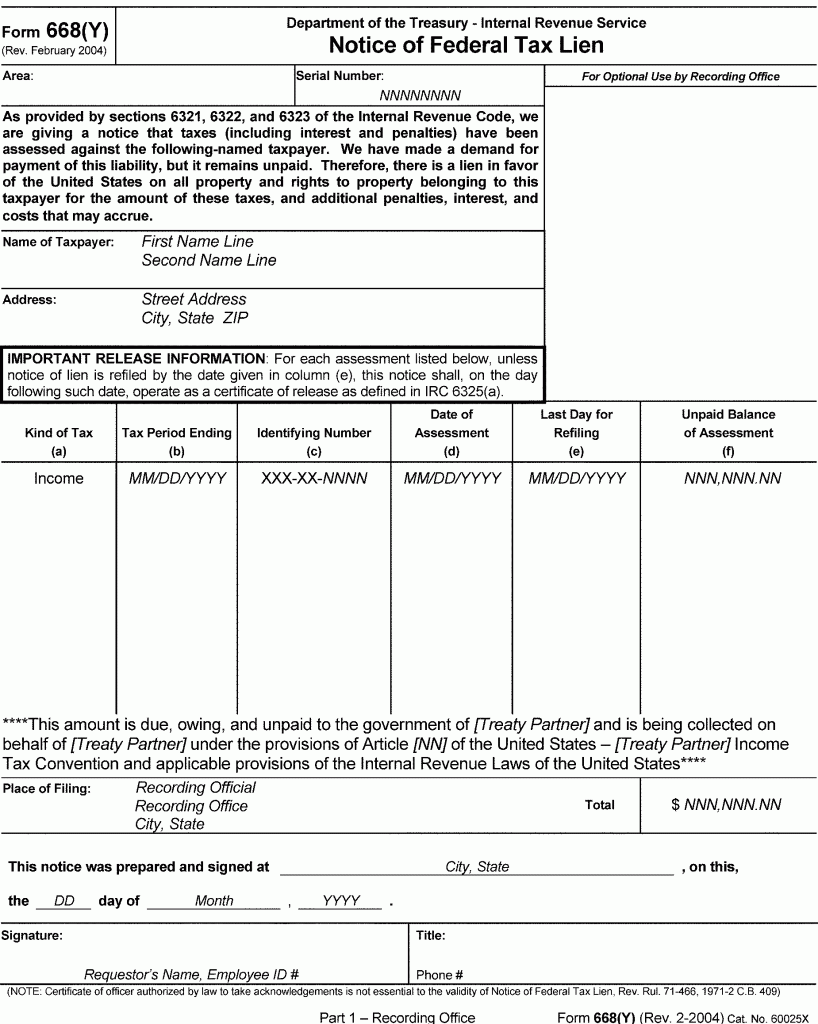IRS Tax Liens in Mesa Arizona
How do IRS Tax Liens Affect Real Estate I own?
You’ve heard with real estate the phrase, location, location, location. Well that is certainly true when it comes to your real estate and IRS tax liens. Here is a typical question I get asked regarding IRS tax liens. The IRS filed a tax lien against me here in Maricopa County where I live but I own land in North Dakota where no lien has been filed? For the lien to be in force does it have to be filed where I live or in North Dakota?
The answer is that an IRS tax lien is only in force against your property if it is filed in the county where the property is located. If the IRS only files a lien in the county you live in it will have no effect real estate you own in another county. In this situation, if the IRS only filed a lien in Maricopa County, you can refinance or sell the property without interference of the lien. The IRS has not secured it’s interest in your real estate if it is filed in the wrong county.
However, once you are contacted by the IRS regarding a tax debt, they will ask you to disclose all property owned. Failure to make full and accurate disclosure can result in serious legal issues. Some clients think that they can simply change title in a property the own to another family member or friend to avoid making full disclosure. However, the IRS will ask under penalties of perjury if any assets have been transferred out of your name for less than full value in the last ten years.
If property has been sold, the IRS will want to know what was done with any equity that you received. If it was used for normal living expenses, the IRS will consider that reasonable but it will likely affect the amount that would be acceptable in an Offer in Compromise if it was recent. Schedule a consultation today to speak with Scott Allen E.A. in Mesa AZ about your IRS tax liens and what options you have.
Scott Allen E. A.
Tax Debt Advisors, Inc
www.stopIRSaction.com

IRS Tax Liens



